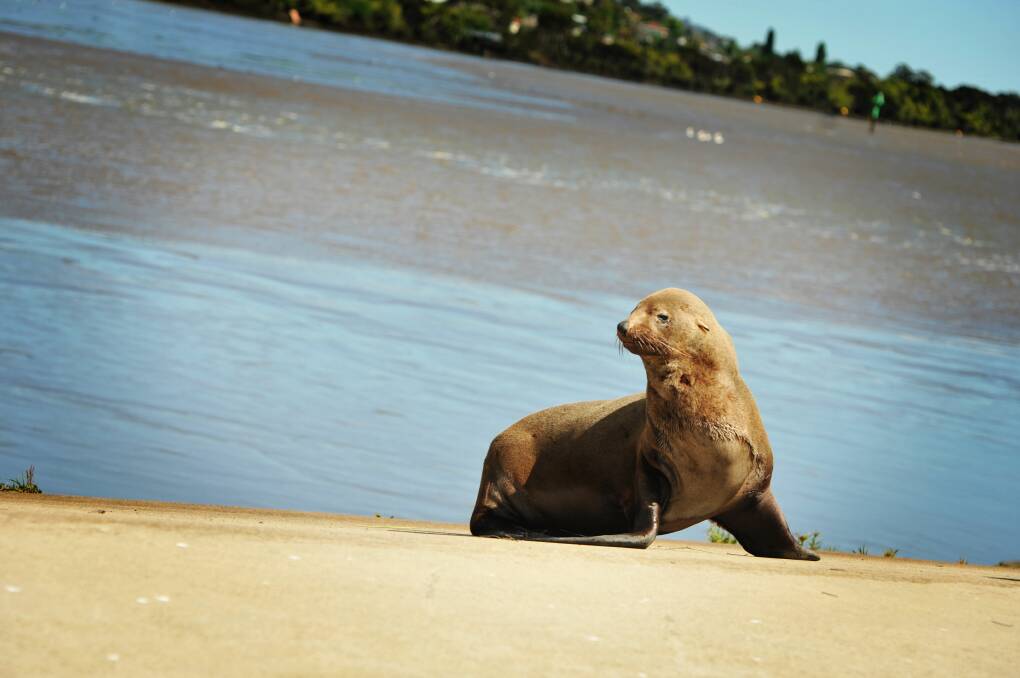
Petuna recorded more than 700 occasions in which individual seals breached its salmon farm at Rowella on the Tamar River in 2020, finding their way into stocked cages in the pursuit of fish.
Subscribe now for unlimited access.
$0/
(min cost $0)
or signup to continue reading
The figures were released by the Department of Primary Industries, Parks, Water and Environment under Right to Information, detailing interactions between wildlife and the farm which produces 2800-tonnes of salmon per year.
The reported rates of seal breaches increased significantly from 2019 to 2020, but did not include figures for February or December.
Over just three days in August last year, the Rowella salmon farm reported up to 77 interactions with seals which had gained entry to stocked cages.
The data also showed 25 native birds became entangled in the nets for the year, four of which died - three silver gulls and one Caspian tern. The remainder were released unharmed, according to Petuna's reports.
In 2019, Petuna spent $7 million on new pen systems at Rowella, and is currently spending $15 million on upgrades to existing infrastructure which it hopes will improve its capacity to prevent interactions with seals and birds.
Petuna chief executive officer Ruben Alvarez said the company had also developed a Wildlife Interaction Plan to ensure staff were appropriately trained to "care for wildlife".
"Wildlife interactions are also minimised by maintaining netting infrastructure over all our pens to avoid wildlife entanglement, keeping birds away from the fish and preventing seals from entering the pens," he said.
The company did not specify the methods used to remove seals from stocked cages, however the RTI included references to "seal deterrents" and instances in which they had not used "crackers", a type of underwater explosive that was widely used by aquaculture companies between 2013 and 2018.
Fish farms draw seals to the area, fisherman says
North-West fisherman Craig Garland - a long-term opponent of the expansion of fish farms - said the structures drew seals to the area and negatively impacted ecosystems.
"They attract seals which otherwise wouldn't have been in that area," he said.
The practice of tranquilising seals at fish farms and relocating them to the North-West was believed to have stopped in 2017.
It meant seals were rarely seen on that section of coast, and Mr Garland said fish had started to return in larger numbers.
IN OTHER NEWS:
- WA risk locations added, Premier addresses NZ travel bubble, vaccine rollout
- Fears of rapid rent increases as moratorium ends in Tasmania
- 'One of the lucky ones': Youngtown man's leukaemia battle
- Requests for information in Tasmania date back to 2017 without resolution
- Tasmanian businesses urged to prepare for JobKeeper to end as government remains steadfast
"We've got our fishery back now, and now that the seals are finished in the area, it's amazing to see what's going on with our ecosystem," he said.
"But if we end up with more fish farms in the North-West, and the seals can't get feed out of those nets, they'll be going to the lights on the boats instead."
Mr Garland said there was a need for more research into the effects on ecosystems caused by seals being attracted to fish farms.
What do you think? Send us a letter to the editor:


